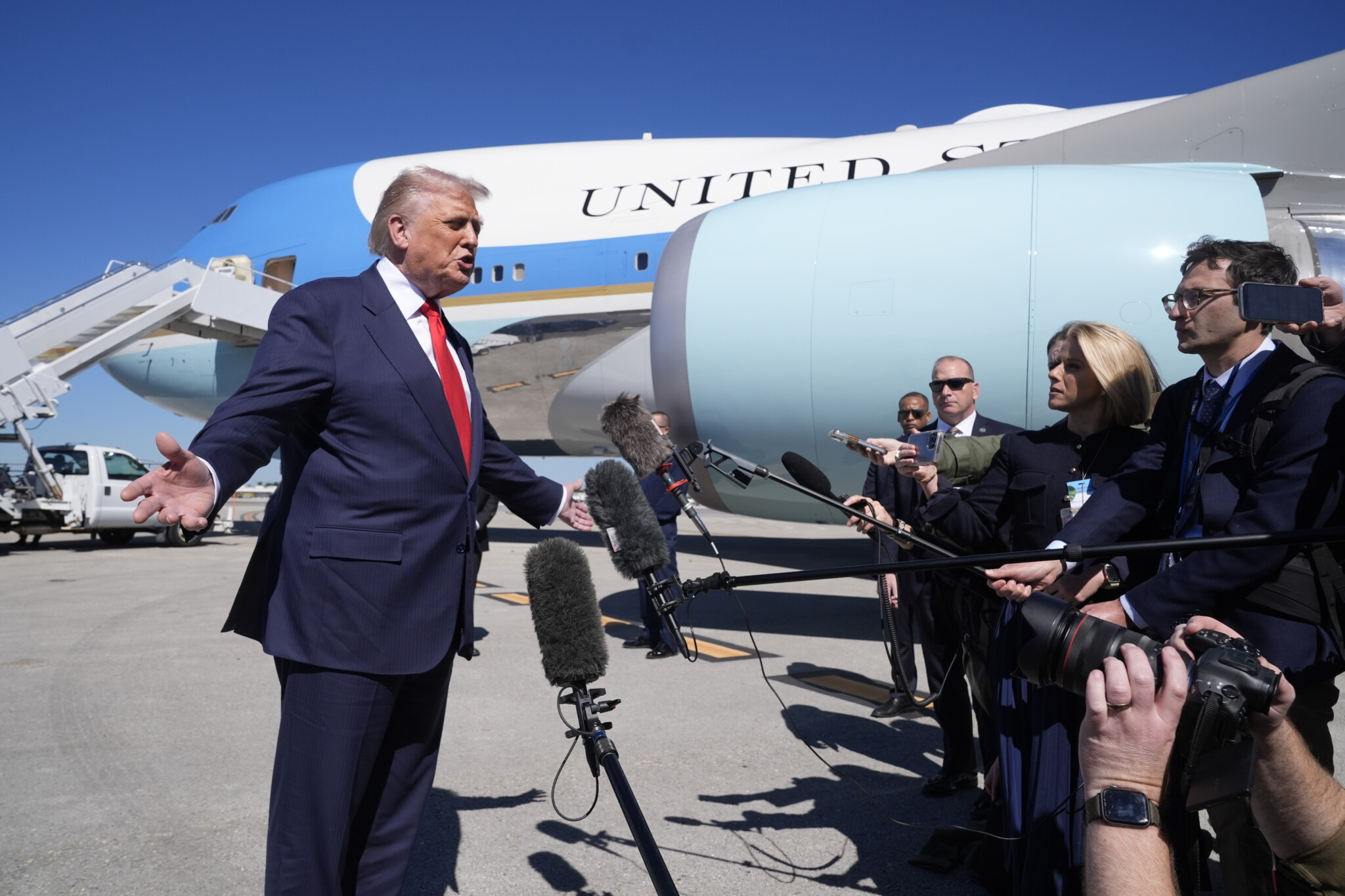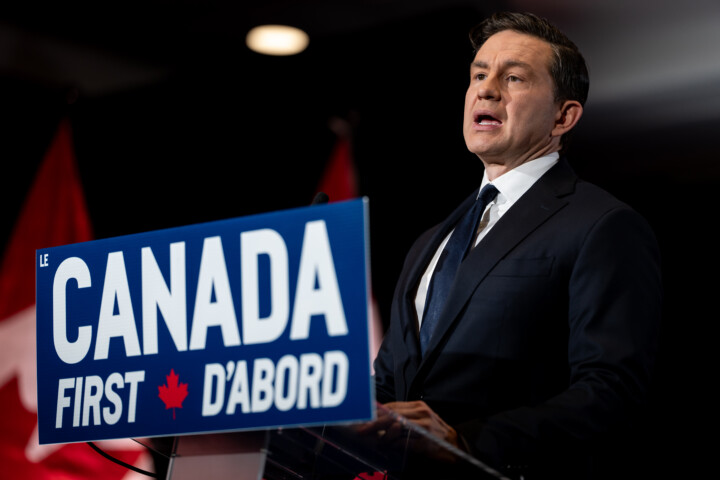‘Extremely misleading’: The Full Press on whether the BBC created ‘fake news’
Full Press discusses why two top executives at the BBC resigned over the misleading editing of Trump’s January 6th speech, examines a CTV article that called the notwithstanding clause a “threat to democracy,” and asks whether journalists should have been partying with the Liberal cabinet ministers they cover, following last week’s budget.
You can listen to this episode on Amazon, Apple, and Spotify.
Program Summary
This is an automated summary. Please check against delivery.
This episode of Full Press dissected a series of journalistic controversies, framing them as symptoms of a profession grappling with eroding standards and a crisis of public trust. The discussion centred on high-profile errors, the perception of ideological bias and the unseemly optics of close relationships between the press and the powerful.
The first case examined was a significant scandal at a major British public broadcaster, which led to the resignations of its director-general and a senior news executive. The controversy stemmed from a misleadingly edited clip of a political speech. The segment was accused of distorting the speaker’s intent by selectively omitting context, making it appear that he had incited violence when the full transcript included calls for peaceful protest. An internal report characterised the editing as “materially misleading.” The resignations were viewed as a necessary assumption of executive responsibility, particularly because internal concerns had initially been dismissed by management. While the broadcaster was acknowledged as often representing a “gold standard” in journalism, the incident was presented as indicative of a deeper problem. The internal report was noted to have also cited systemic issues in the broadcaster’s coverage of other sensitive topics, suggesting a pattern of bias flowing in a particular ideological direction.
This theme of compromised standards was then explored domestically, focusing on a report by a Canadian television network. The story was criticised for its lack of balance, quoting only critics of a government policy and presenting them as “experts,” who were in fact representatives from unions and activist groups. The article contained no defence from the government. Following public criticism from a prominent political figure, who cited the piece as an example of why trust in legacy media has declined, the network issued a correction, changing the descriptor from “experts” to “critics.” The discussion noted that the journalist’s informal social media response to the critique exacerbated the situation. A key conclusion was that such a fundamentally flawed story should never have passed through the editorial process, which is designed to enforce balance and rigour. This failure was framed not as an isolated error but as part of a broader relaxation of professional guardrails.
The conversation then turned to the ethical questions surrounding the social conduct of journalists, examining photographs from a lavish post-budget party in Ottawa. The event, sponsored by a lobbying firm with ties to the governing party, featured politicians, journalists and aides celebrating together. While it was acknowledged that off-the-record interactions can be valuable for gathering background information, the public nature of such conviviality was deemed a significant error in judgment. In a time of public anxiety over the cost of living and growing anti-elitist sentiment, the optics of media figures socialising closely with powerful interests were seen as damaging. It fosters a perception that journalists are part of an insular political club rather than independent observers. This concern was linked to a broader observation that the media profession has become increasingly populated by a university-educated elite, potentially distancing it from the economic realities of many in its audience.
Finally, the discussion briefly addressed a recent media frenzy over speculative but ultimately overstated political rumours, acknowledging that the press had been somewhat led astray. This was offered as an example of the need for humility.
Given the BBC scandal, how can broadcasters ensure their editing doesn't distort intent and maintain public trust?
How does the perception of journalists partying with politicians impact public trust in the media?
What does the CTV article incident reveal about the challenges of balanced reporting in Canada?




Comments (0)